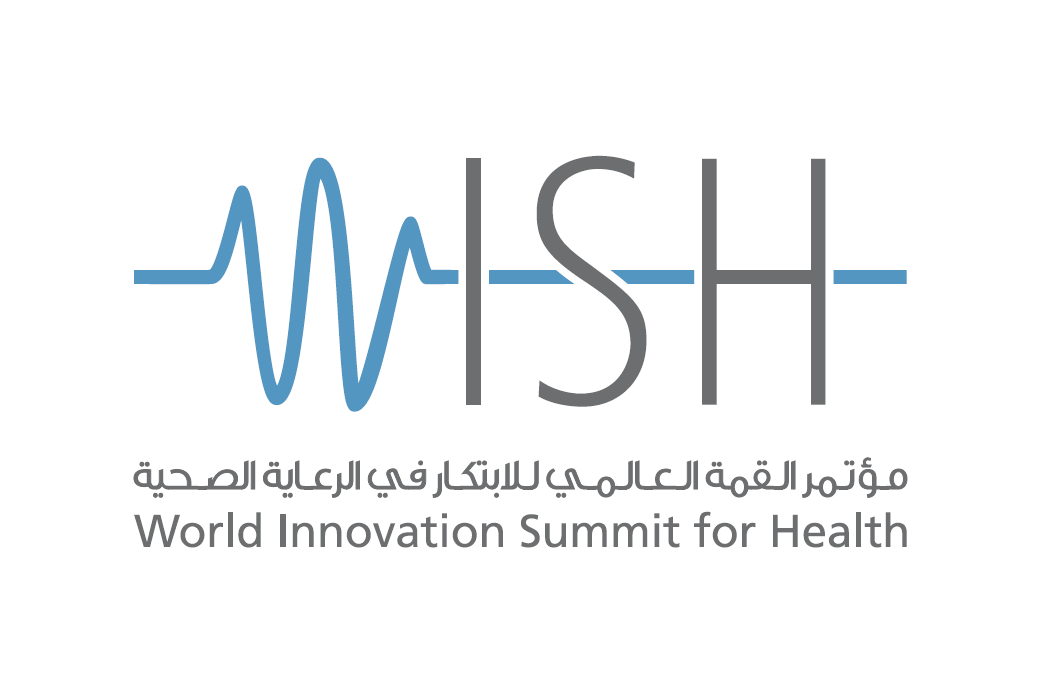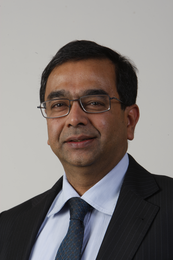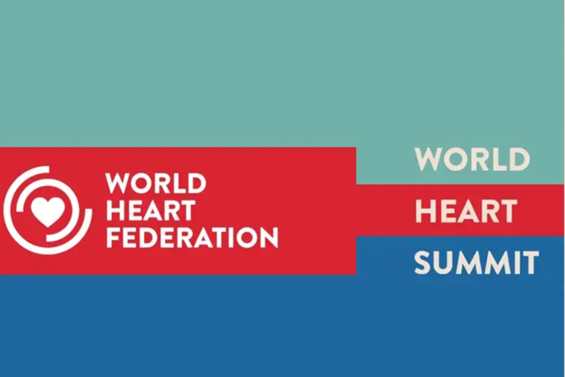WORLD INNOVATION SUMMIT FOR HEALTH ANNOUNCES CARDIOVASCULAR DISEASE FORUM FOR 2016 CONFERENCE

orum will Examine Methods to Ensure the Primary Prevention of Coronary Heart Disease
Doha, Qatar, 31 March 2016: The World Innovation Summit for Health (WISH) has announced that a Cardiovascular Disease (CVD) Forum will be held during its 2016 conference, set to take place from 29-30 November in Doha, Qatar.
The forum will offer a brief overview of coronary heart disease, including its epidemiology, burden, and pressure on healthcare systems, outlining the distinction between illness prevention and management of acquired risk factors. It will also outline innovations in strategies to ensure prevention. These include lifestyle choices and broader tobacco controls, such as the impact of smoking bans in public places. Additionally, participants will learn about the potential policies and innovations that can be applied more broadly by policymakers from prevention to treatment.
WISH, a global initiative of Qatar Foundation for Education, Science and Community Development (QF), is a global healthcare community dedicated to capturing and disseminating the best evidence-based ideas and practices. The forum will further this aim by attracting some of the world’s foremost cardiology specialists. These include Professor K. Srinath Reddy, President of the Public Health Foundation in India, who will chair the event.

Prof Reddy, who has served on various World Health Organization (WHO) expert panels and was formerly President of the World Heart Federation, said: “Cardiovascular diseases constitute the leading cause of death globally, and are now posing a major threat to the economic development of many nations because of the high burden of premature deaths and disability. Effective strategies for prevention across the life course, based on available knowledge of impactful interventions, are an urgent priority for health policy and systems. The forum will identify pathways for prevention of CVD, with a particular focus on averting risk in populations and reducing risk in individuals.”
Despite significant government spending on research, the importance of preventing cardiovascular diseases has heightened. It is now considered the leading cause of death in the developed world and is set to become the number one cause of death in the developing world, the forum will show.
The event will stipulate the need to allocate resources efficiently and make actionable recommendations to policymakers and public healthcare providers, to help ensure that patients have access to quality healthcare, and that the prevalence of the disease will be reduced. Methods to optimise treatment and to uphold evidence-based medical guidelines, as well as strategies to minimise treatment costs, will also be deliberated.During the forum, experts will present ‘value pools’, a collection of policies for improved outcomes and costs, using a wide range of global healthcare systems that have found success in utilising the practice, among them WHO’s mHealth NCD initiative in Senegal. A range of interventions — including policies, delivery, provider models, and data and analytics — as well as the viewpoint of actors, from payors to governments and companies, will also be presented.
Commenting on the upcoming report, Egbert Schillings, CEO of WISH, said: “Cardiovascular disease is estimated to account for up to 50 per cent of the global non-communicable disease burden. If some risk factors, such as diabetes and obesity, continue to increase rapidly, CVD prevalence and associated costs might increase even more. From a value-perspective, a focus on prevention therefore promises the best investment, but we also know that it is very challenging to do, not least politically.”
“The WISH forum, under Professor Reddy, will help make the case that if all health systems developed an evidence-based, value-conscious effort to tackle CVD, a considerable number of lives could be saved. In terms of monetary cost, billions could be saved, which in times of economic uncertainty should be high on every policymaker’s agenda,” Mr Schillings concluded.
The WISH 2016 Summit will feature seven groundbreaking research forums that highlight and address some of the world’s most pressing healthcare challenges. In addition to the Cardiovascular Disease session, the forums will generate interdisciplinary, evidence-based reports on topics including Healthy Populations, Precision Medicine, Economic Benefits of Investing in Health, Accountable Care, Autism and Behavioural Insights. Internationally renowned experts will chair the forums. And, for the first time, WISH will also report on its ongoing impact locally and globally on issues previously highlighted at the summit, such as diabetes and patient safety.
In addition to new health policy research forums, the summit will feature innovation showcases from around the world that are shaping the design, delivery and financing of care, as well as a cohort of young innovators, who include emerging healthcare leaders under the age of 30, whose contributions to global health warrant wider recognition.
WISH is a meeting point for thousands of high-level policymakers, academics, and professionals. It has evolved into a key platform for the dissemination of healthcare innovation and best practices. It is closely aligned with QF’s mission to reinforce Qatar’s pioneering role as an emerging centre for healthcare innovation.
For further information about WISH, please visit www.wish-qatar.org and Twitter @WISHQatar.
For a complete list of QF’s initiatives and projects, visit www.qf.org.qa
More News

WISH Brings Global Leaders Together at Osaka Expo to Tackle Attacks on Health in Armed Conflict
Read More

